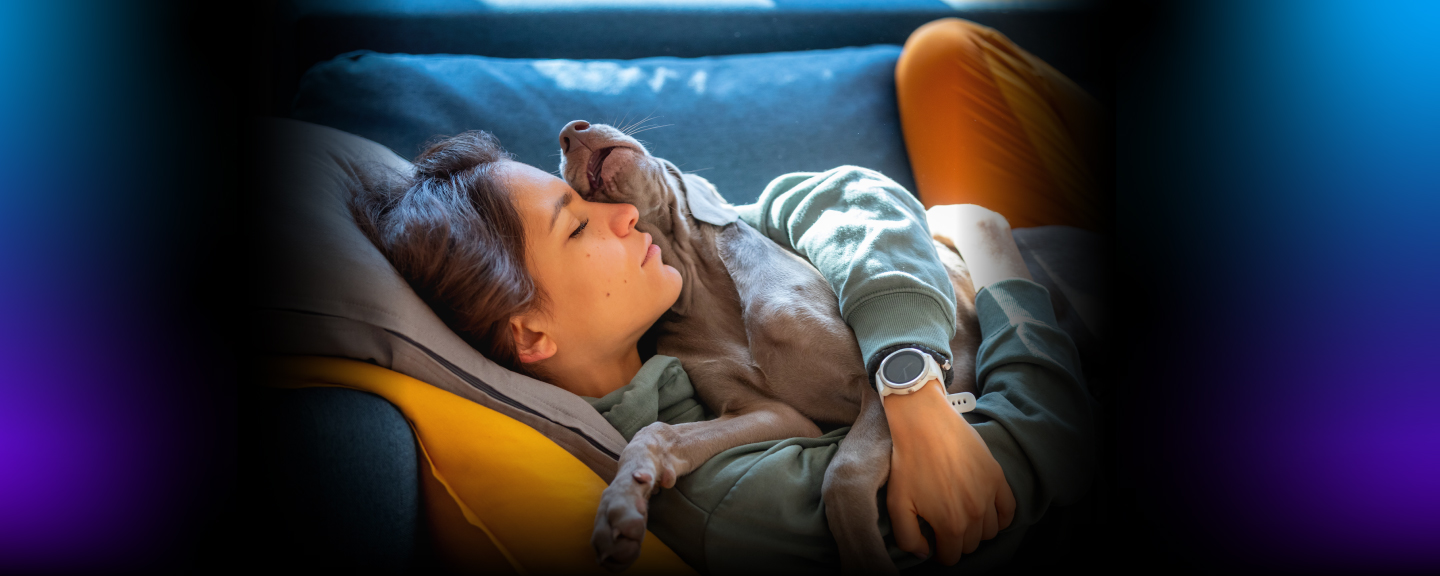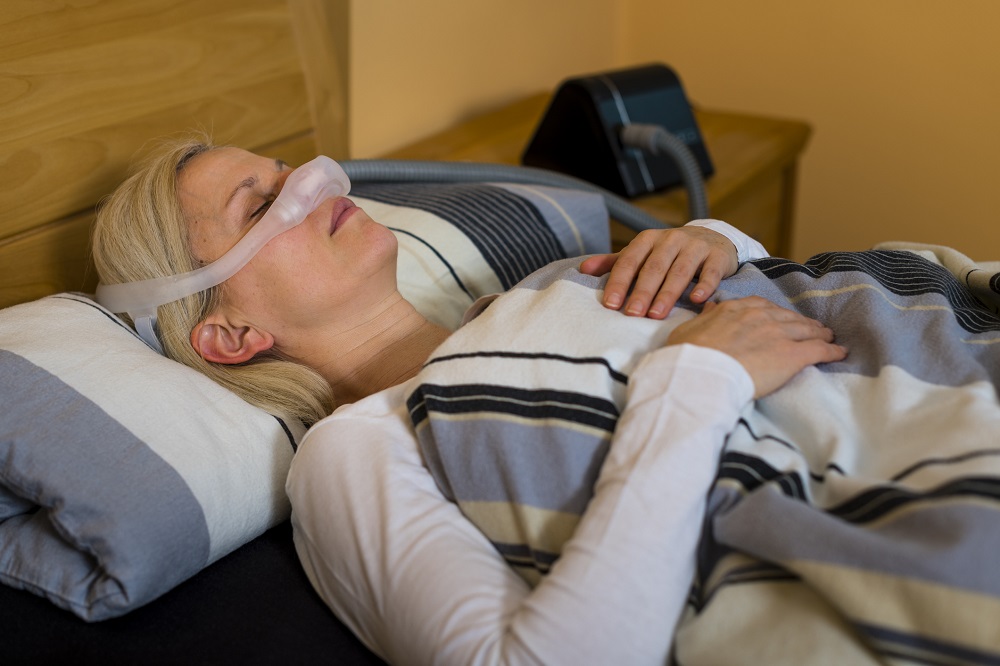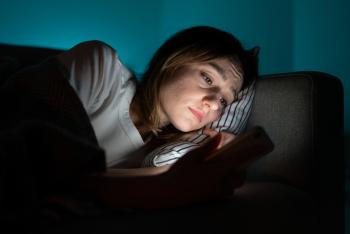Mouth taping is a practice that promotes nasal breathing during sleep, which may improve sleep...
Read More
If you suffer from central sleep apnea, getting a good night’s sleep might be difficult. Inspira is here to help.
Central sleep apnea (CSA) occurs when your breathing pauses periodically during sleep. In some cases, people with CSA don’t stop breathing, but instead experience rapid, shallow breathing, which can result in an overall lack of oxygen.
The core difference between central sleep apnea and obstructive sleep apnea (OSA) lies in what causes them: OSA is a mechanical problem—it happens when your airway is physically blocked. CSA, on the other hand, occurs when your brain is not sending the correct signals to your breathing muscles during sleep causing abnormal pauses in your breathing. Though CSA is less common, this form of the disorder can be just as dangerous.
Unlike OSA, central sleep apnea rarely causes snoring. Intermittent pauses in breathing are the main symptom of central sleep apnea, but this lack of quality sleep can also cause secondary symptoms, such as:
Risk factors for central sleep apnea include:
To test for CSA, your physician may refer you to a specialist to conduct an in-lab sleep apnea test. A polysomnogram, or sleep study, is a comprehensive test that transmits and records specific physical activities while you sleep, such as your heart rate, brain activity, eye movement and oxygen levels, through a series of electronic sensors placed on your legs, head and chest.

If you are diagnosed with CSA, there are a variety of potential treatments your doctor may recommend. First and foremost, it’s helpful to maintain a healthy lifestyle. This means keeping fit, avoiding alcohol and other depressants and getting plenty of rest. Other treatment options include:
Also known as ASV, adaptive-servo ventilation is a device that aides in treating central sleep apnea. ASV is non-invasive and promotes steady breathing patterns during sleep.
Those who cannot tolerate a CPAP may be candidates for a device implanted in the body that sends an electrical signal to the nerve that controls the diaphragm that can help to stimulate breathing.
Some oral medications, such as acetazolamide, can be used to help stimulate breathing in those who suffer from CSA.
Inspira’s six sleep center locations have the cutting-edge technology and experienced providers to get you the high-quality diagnostic and therapeutic care you need and deserve. From sleep studies to therapies such as implanted devices, medication and lifestyle changes, our sleep medicine team can guide you on the right path to better sleep.
With a team of skilled, licensed polysomnographers and sleep specialists practicing in South Jersey, there’s no need to travel outside your community to receive exceptional care. All of our local sleep specialists bring expertise and depth of knowledge to the sleep lab, ensuring your access to the most comprehensive services—conducted in the lab or at home.
Our sleep specialists treat patients around South Jersey from state-of-the-art facilities.

Mouth taping is a practice that promotes nasal breathing during sleep, which may improve sleep...
Read More
Waking up in the middle of the night can be frustrating, but picking up your phone or trying to...
Read More
Hurkle-durkle refers to the cozy, mindful act of unwinding before bed, focusing on relaxation and...
Read More
The material set forth in this site in no way seeks to diagnose or treat illness or to serve as a substitute for professional medical care. Please speak with your health care provider if you have a health concern or if you are considering adopting any exercise program or dietary guidelines. For permission to reprint any portion of this website or to be removed from a notification list, please contact us at (856) 537-6772